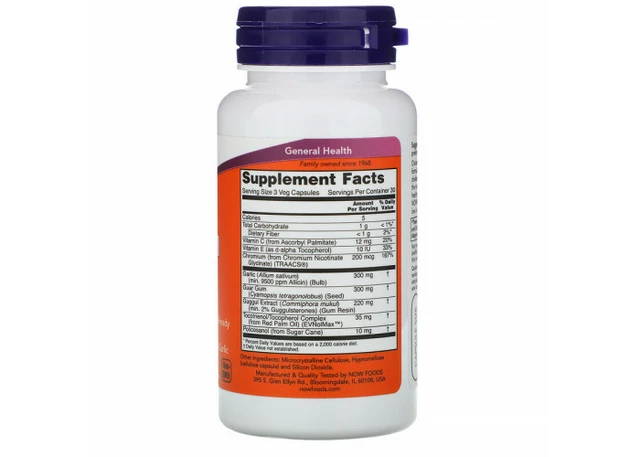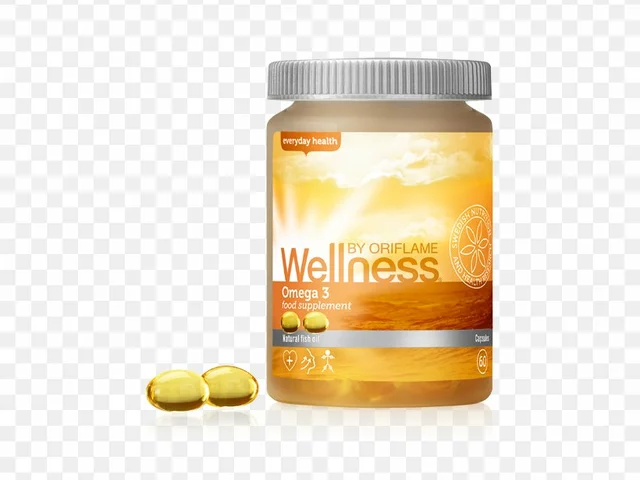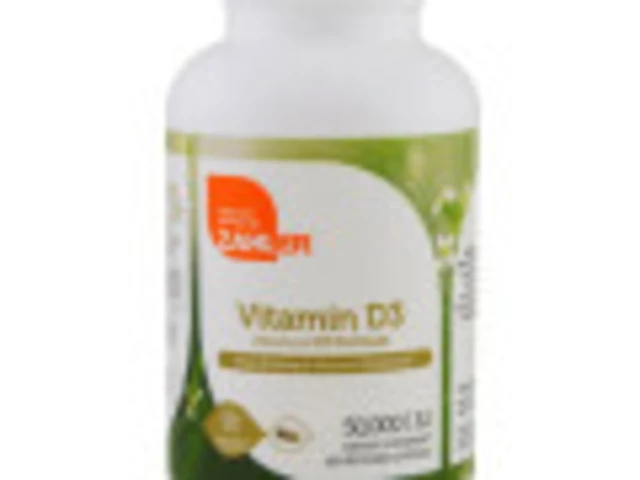H2 blockers: fast relief for heartburn and acid issues
Ever reach for something that calms stomach acid quickly? H2 blockers are a group of medicines that cut how much acid your stomach makes. They work faster than antacids and are different from proton pump inhibitors (PPIs). If you have frequent heartburn, mild GERD, or peptic ulcers, H2 blockers can be a solid option.
Common H2 blockers you may see are famotidine (Pepcid), cimetidine (Tagamet), and nizatidine (Axid). Ranitidine used to be common but was mostly removed from the market because of contamination concerns. Most H2 blockers are available over the counter in low doses and by prescription for higher doses.
How they help and how to use them
H2 blockers reduce acid production by blocking histamine H2 receptors in stomach cells. That lowers acid and helps symptoms like burning, sour taste, and stomach pain. For occasional heartburn, people often take a single OTC dose when symptoms start. For chronic issues, doctors may prescribe a daily dose, usually taken at night or as instructed.
Typical OTC doses: famotidine 10–20 mg, cimetidine 200 mg. Prescription doses can be higher. Always follow the label or your doctor’s instructions. If symptoms don’t improve after two weeks of OTC use, see a healthcare professional.
What to watch for
H2 blockers are generally safe, but they have side effects. Common ones include headache, dizziness, constipation, or diarrhea. Cimetidine can interact with many drugs because it affects liver enzymes — mention all your medications to your doctor or pharmacist. Kidney problems can change how the drug is cleared, so dose adjustments may be needed for older adults or people with renal disease.
H2 blockers are not ideal for severe GERD or conditions that need powerful acid control; PPIs are stronger and preferred for healing ulcers. If you have weight loss, vomiting, trouble swallowing, or severe chest pain, get medical help right away. These could be signs of a more serious problem.
Want to buy H2 blockers online? Use licensed pharmacies and check for a physical address and pharmacist contact. Be wary of sites that sell prescription doses without a prescription. Our site lists tips on buying medications safely and compares online pharmacies to help you choose reliably.
Want short practical tips? Try taking H2 blockers 30–60 minutes before meals that trigger symptoms, avoid late heavy meals, and cut back on alcohol and smoking. Keep a symptom diary — that helps your clinician pick the best treatment. If long-term use becomes necessary, review the plan with your provider every few months.
H2 blockers are a useful middle ground: stronger than antacids, gentler than PPIs. Used correctly, they give real relief with relatively low risk. If you’re unsure which option suits you, ask a healthcare professional — quick questions now can prevent bigger problems later.
Safe storage matters: keep H2 blockers out of reach of children, store at room temperature, and discard expired pills. Call your pharmacist if you notice odd changes in color or smell. Stay informed always.
 18 April 2025
18 April 2025
Esomeprazole Alternatives: 6 Real Options You Should Know About
Looking for alternatives to esomeprazole? This guide breaks down six real options for treating acid reflux, heartburn, and GERD, including how they work, key pros and cons, and helpful tips. If esomeprazole isn’t cutting it or your doctor recommended a change, you’ll get clear info on each alternative. The article uses direct comparisons to make the choice easier, and even throws in some facts you probably didn’t know. By the end, you’ll feel much more confident about talking over your options with your doctor.
Latest Posts
-

Unlocking Nature's Secret Weapon: How Bay Leaf is Revolutionizing the Dietary Supplement Industry
-
Unlock the Power of Alfalfa: The Ultimate Dietary Supplement for a Healthier You!
-

Policosanol: The Dietary Supplement That's Making Waves in Cardiovascular Health
-

Experience the Magic of Delphinium: The Dietary Supplement That's Taking the Wellness World by Storm
-

Boost Your Overall Health with the Power of Fructo-Oligosaccharides Dietary Supplement

19